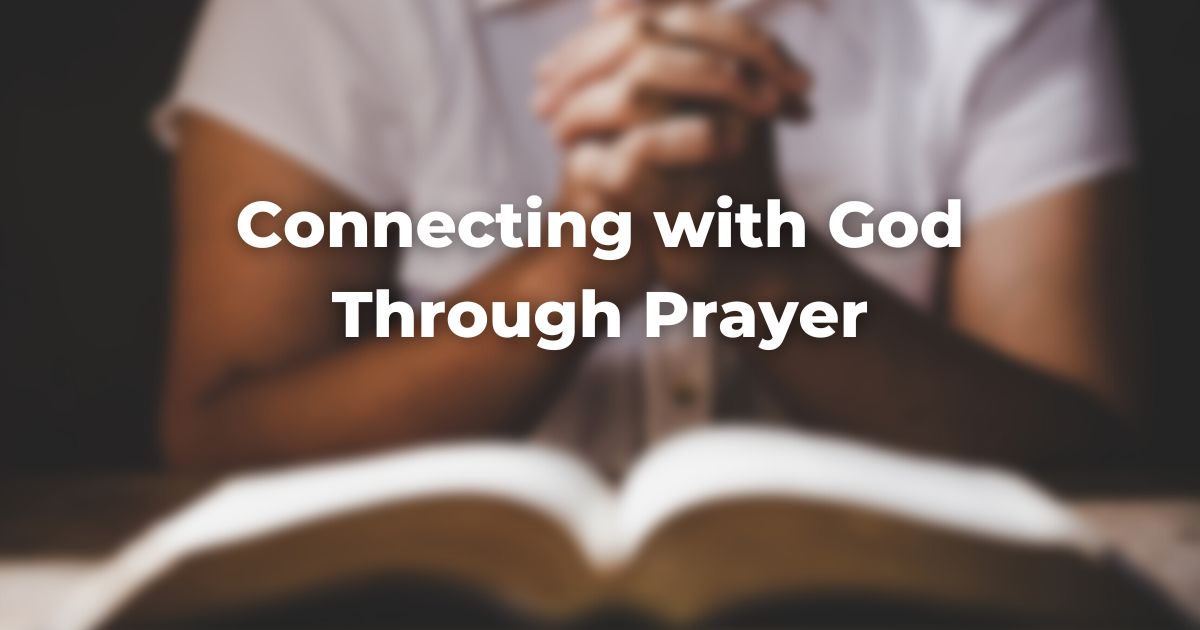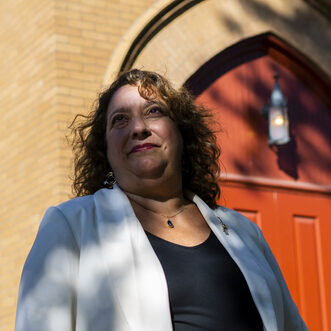Louis Finkelstein used to say, “When I pray, I speak to God; when I study, God speaks to me.”
We hear from God through our participation in liturgical prayer, and also through the study of religious texts.
That is not to say that human beings cannot ask God specific questions and hope for equally specific answers. Still, our all-knowing God rarely deigns to share the outcome of the World Series with the faithful in advance!
What seems more practical is to look to God to answer our prayers by strengthening our faith, granting us insight, and helping us find the resolve and courage to live lives infused with the finest human values.
There will never be anything based on praying for guidance or patience, for wisdom or for strength.
Abraham Joshua Heschel taught that prayer helps us to engage in what he called “radical amazement.” To reach out to the mysteries of life and, in so doing, to rediscover God in those mysteries.
In the end, t’fillah functions on the personal level as an affirmation of the private relationship of the pray-er with God. On the national level, it serves as a daily reminder of the covenant between God and the Jewish people.
Through our prayers we continually assert the reality of both aspects of any individual’s relationship with God, the personal and the communal. We affirm and confirm the centrality of that multivalent relationship in our spiritual and ritual lives.
Adapted with permission from The Observant Life.
Authors
-

Rabbi Dr. Karen G Reiss Medwed, is Teaching Professor emerita at Northeastern University. She serves as Interim Vice Provost, Academic Affairs and Initiatives for HUC-JIR. Dr. Reiss Medwed's scholarship includes digital education, higher education leadership, and faith-based education. Dr. Reiss Medwed was ordained by JTS in 1995, and earned her Ph.D. from New York University's Steinhardt School of Education in Curriculum, Teaching and Learning with a specialization in Jewish education in 2005.
View all posts -

The Observant Life: The Wisdom of Conservative Judaism for Contemporary Jews distills a century of thoughtful inquiry into the most profound of all Jewish questions: how to suffuse life with timeless values, how to remain loyal to the covenant that binds the Jewish people and the God of Israel, and how to embrace the law while retaining an abiding sense of fidelity to one’s own moral path in life. Written in a multiplicity of voices inspired by a common vision, the authors of The Observant Life explain what it means in the ultimate sense to live a Jewish life, and to live it honestly, morally, and purposefully. The work is a comprehensive guide to life in the 21st Century. Chapters on Jewish rituals including prayer, holiday, life cycle events and Jewish ethics such as citizenship, slander, taxes, wills, the courts, the work place and so much more.
View all posts







